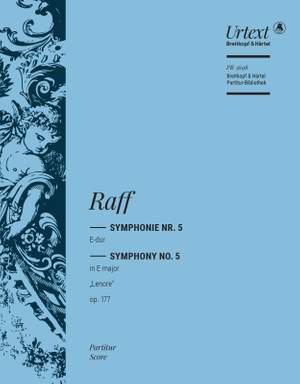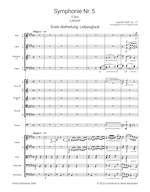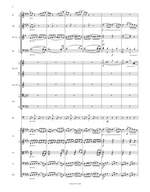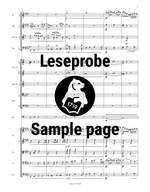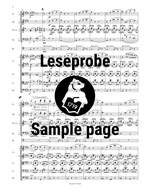Joachim Raff’s Fifth Symphony “Lenore” op. 177, composed in 1872, reveals the composer as a representative of the middle ground between Neo-German aesthetics and the symphonic tradition. It owes its name to G. A. Bürger’s ballade, which is the programmatic basis of the final movement. Using this literary model, Raff oriented himself to the Berlioz “program symphonies” and the Liszt symphonic-poem concept, on the one hand, but on the other, he let the three preceding movements follow traditional symphonic form. Raff conducted the “Lenore” symphony’s premiere in December 1872 in a concert by the Fürstliche Hofkapelle in Sondershausen. The concert went to his satisfaction, although the audience evidently did not know what to make of the work: “[…] and the symphony […] was played before this faintly musical party. Essentially for the greater glory of God and my edification, less for that of the said public, which seems to have been rather horrified by it.” His friend Hans von Bülow had, however, “a great pleasure” in hearing the symphony the following year in Berlin.
In her preface, the editor Iris Eggenschwiler provides detailed information about the work’s genesis, documents Raff’s ideas and intentions, and facilitates a comprehensive orientation within the historical context. Breitkopf & Härtel is now presenting for the first time with this symphony an orchestral work by Raff in a modern Urtext edition, thus also continuing its collaboration with the Joachim-Raff-Gesellschaft.
- ISMN: 9790004216354 (M004216354)


